- 23 Posts
- 28 Comments
A big one is when an advert is made to look and feel like organic content. The “Ad” flag (legally required) is in faint small font like someone forced them to have it there.

 5·2 years ago
5·2 years agoFrom the article, they seem to have figured out temperature control. So Mole people might be less agitated than a Vancouver wild-fire neighbor :)

 10·2 years ago
10·2 years agoThe internet sees censorship as failure and routes around it.People treat censorship and surveillance as failure and tunnel around them.
And even if you ‘exit’ to the woods, you’ll be easy to note, just by your absence (When the majority of the population are present, it is easier to note who is absent).
But we have to keep pushing back about these absurdities.
The refrigeration sounds like a great idea! Do you do this as part of its preparation or is it just economies of time and scale?
If you can’t own your seeds, how can you own your food?

 3·2 years ago
3·2 years agoHorrible! The dam’s structures could not be maintained as required due to the extended political dysfunction in Libya. Just messy!

 2·2 years ago
2·2 years agoHilarious, funny stranger.
ABC…S to catch ‘em all :)
That sounds like something gamers will add to their “tourist destination”.
Fascinating! Never seen anything like this before.
Do they charge by the minutes spent there + extras or is this a membership thing?
Their seniority allow(ed) them free passes on details or precision.
My grandma, having to call for help but doesn’t know who of the many kids are around: hey, hey human who was named
Translation takes away from it.
Oh yes, this is the path to giving up.

 1·3 years ago
1·3 years agoThen it should be the responsibility of the EU people to avoid joining the fediverse. I do not see a practical way to align with GDPR. The effort is non-trivial and the rewards are extremely minimal.
From your perspective, what should be the way out?
This is why Lemmy exists – to grown community. If you check around, there are a lot of questions with excellent answers. Most people here are very supportive.
@nutomic@lemmy.ml Worth checking.
This is AMAZING. As someone whose history is a stateless society, I found this very relevant. Importantly, its focus on decentralized structure is even more powerful as a basis of challenging both former African empires that took from the peasants to sustain hereditary lineages + colonial invaders who forced states on stateless societies. Really liked this video.

 51·5 years ago
51·5 years agoI was reading this US-centric, China-fear paper which saw dependency as the major threat countries face. But in retrospect, centralization is in my opinion far greater a threat than dependency: Weaponized Interdependence: How Global Economic Networks Shape State Coercion.
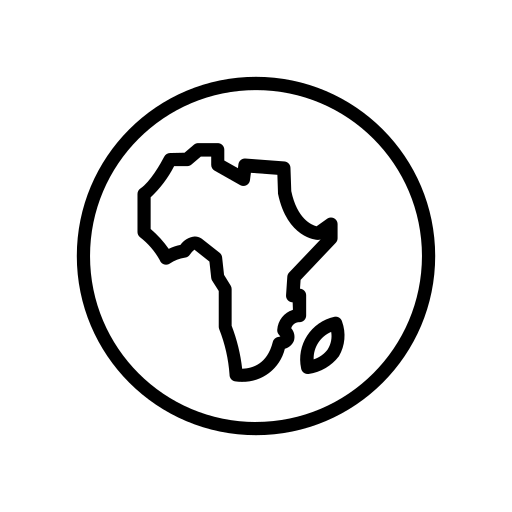



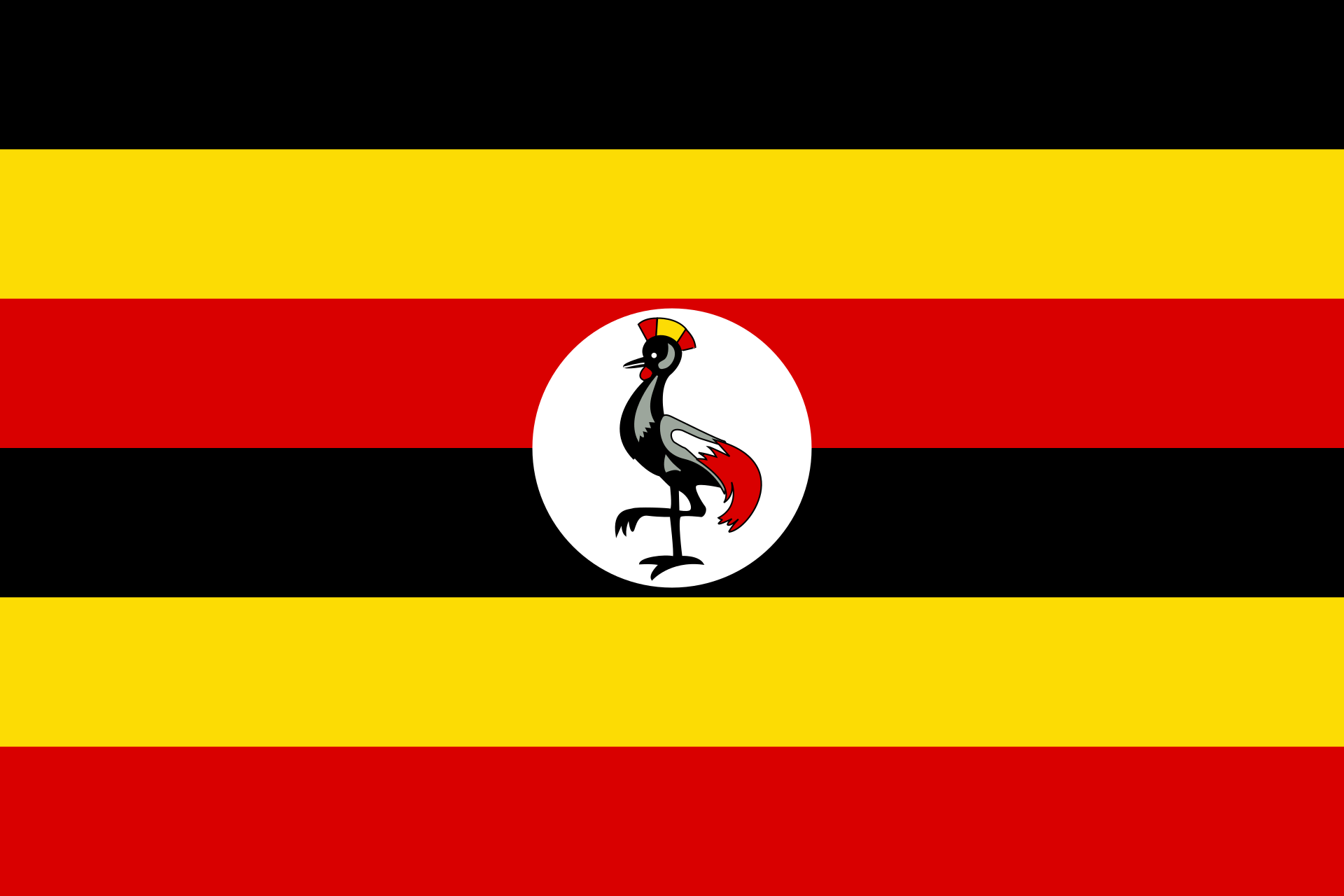



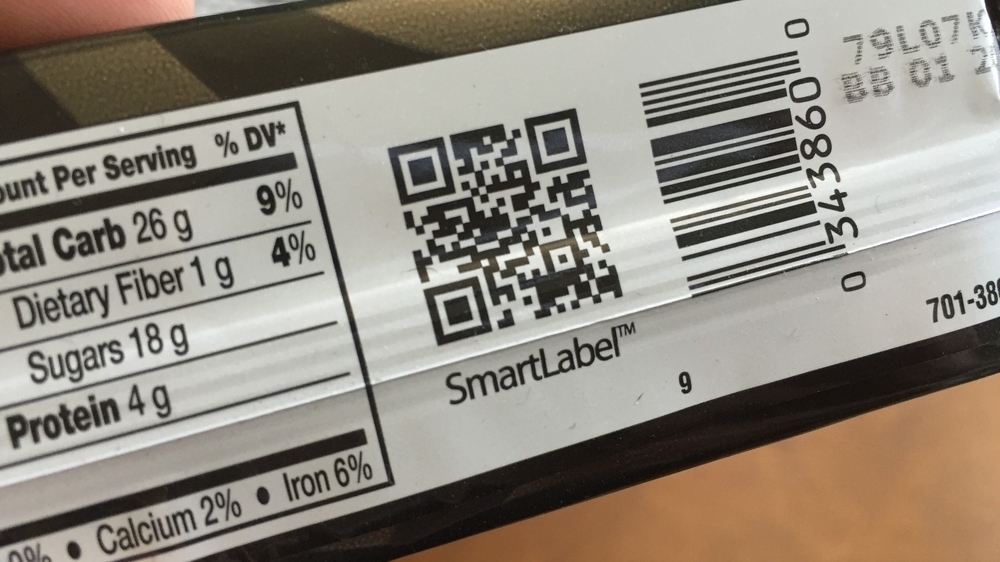

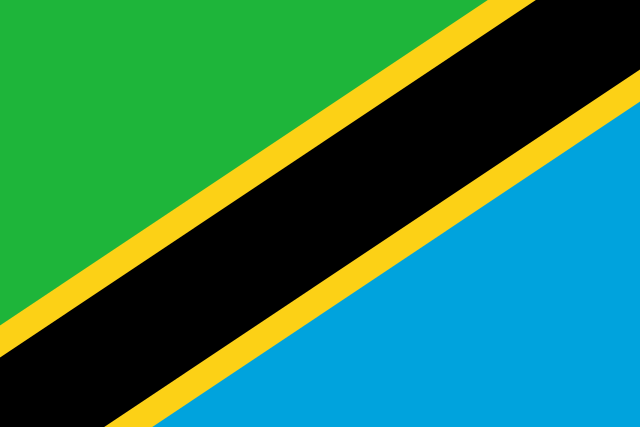
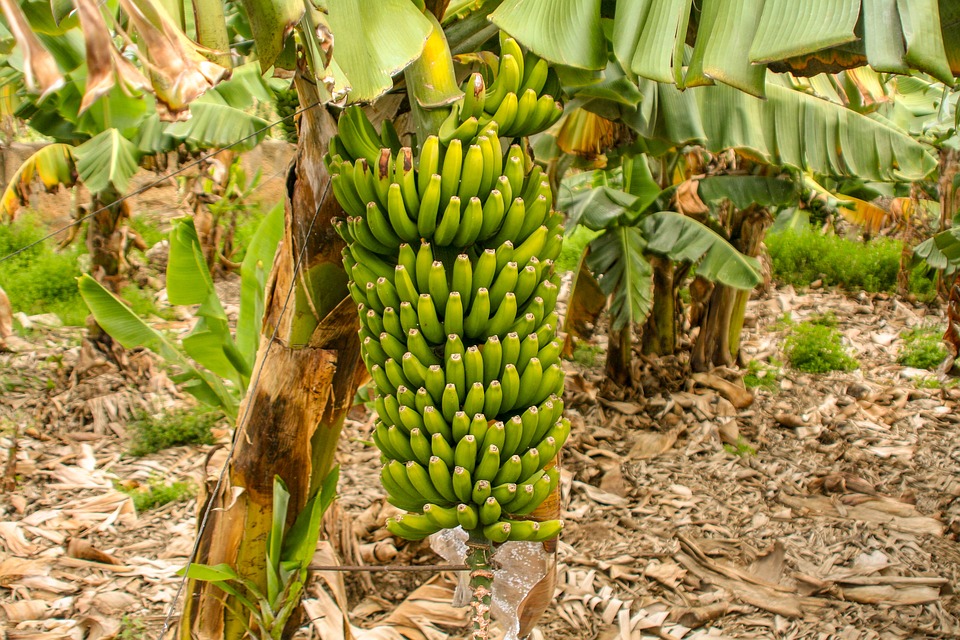
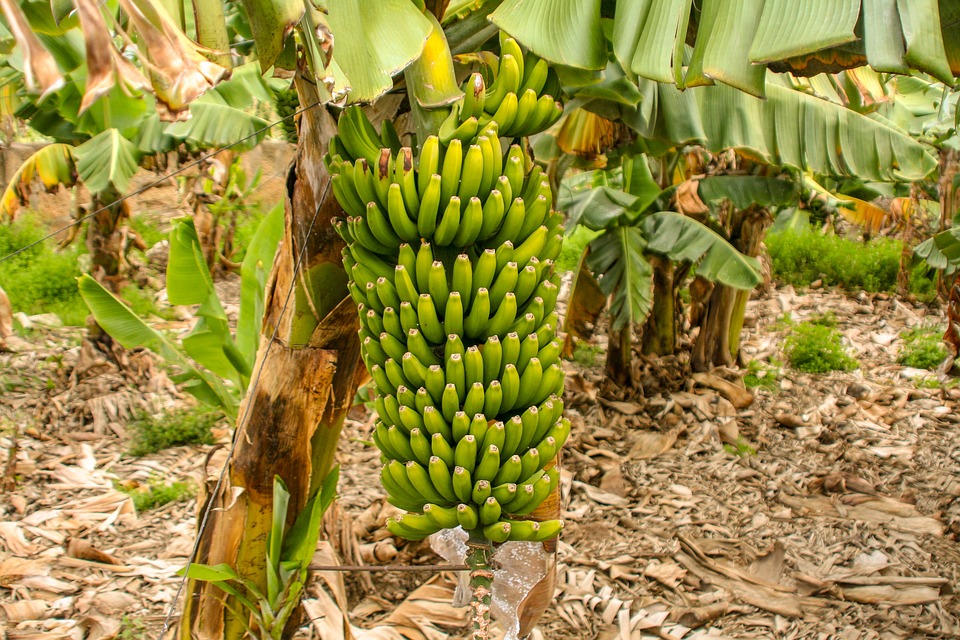
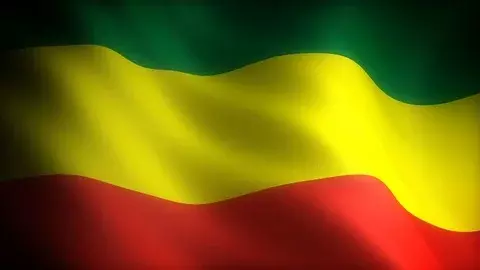
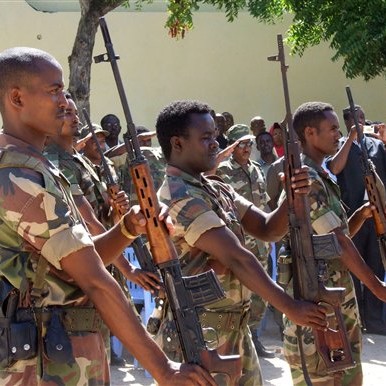
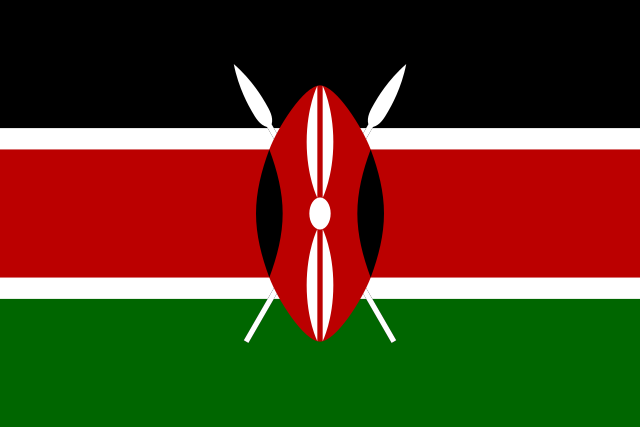





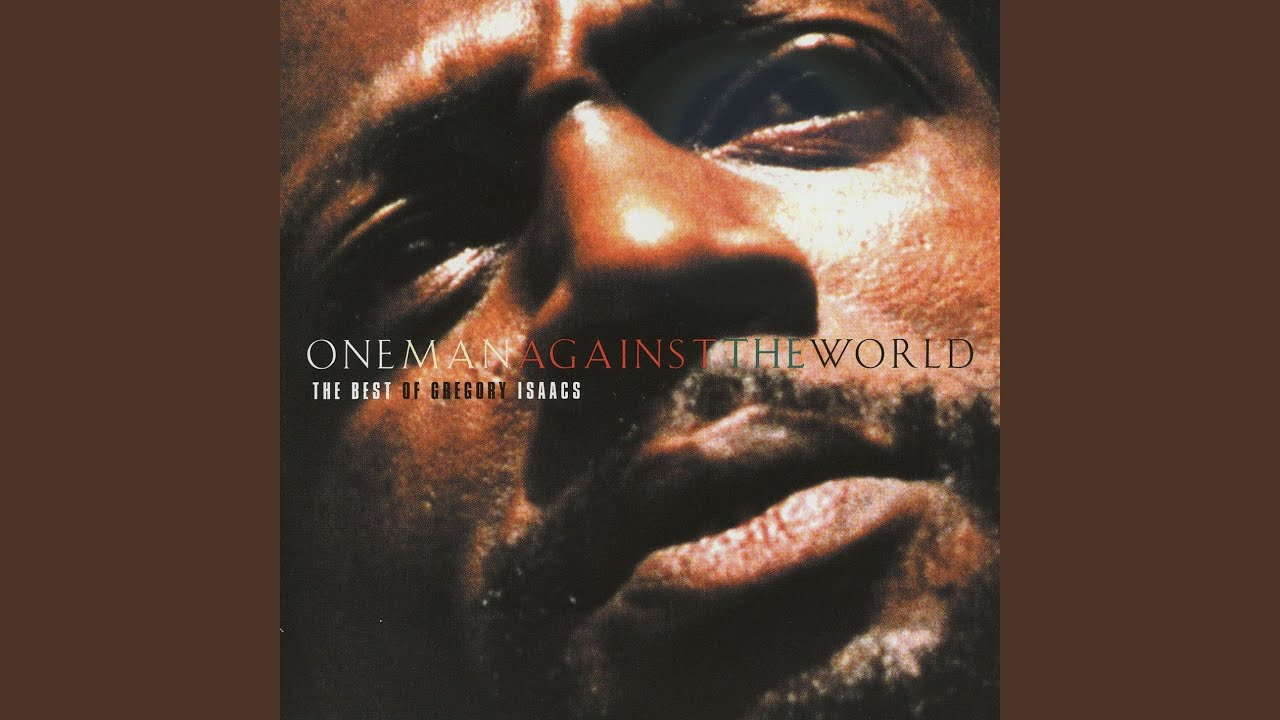
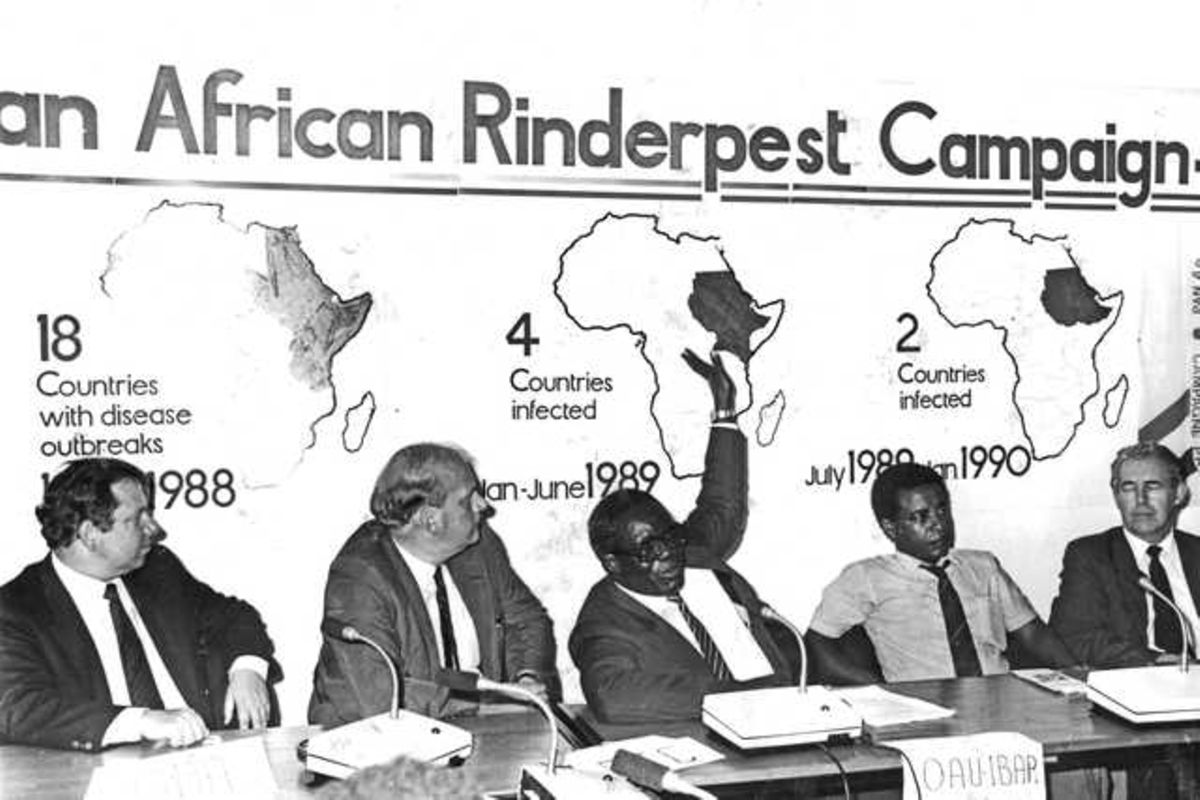
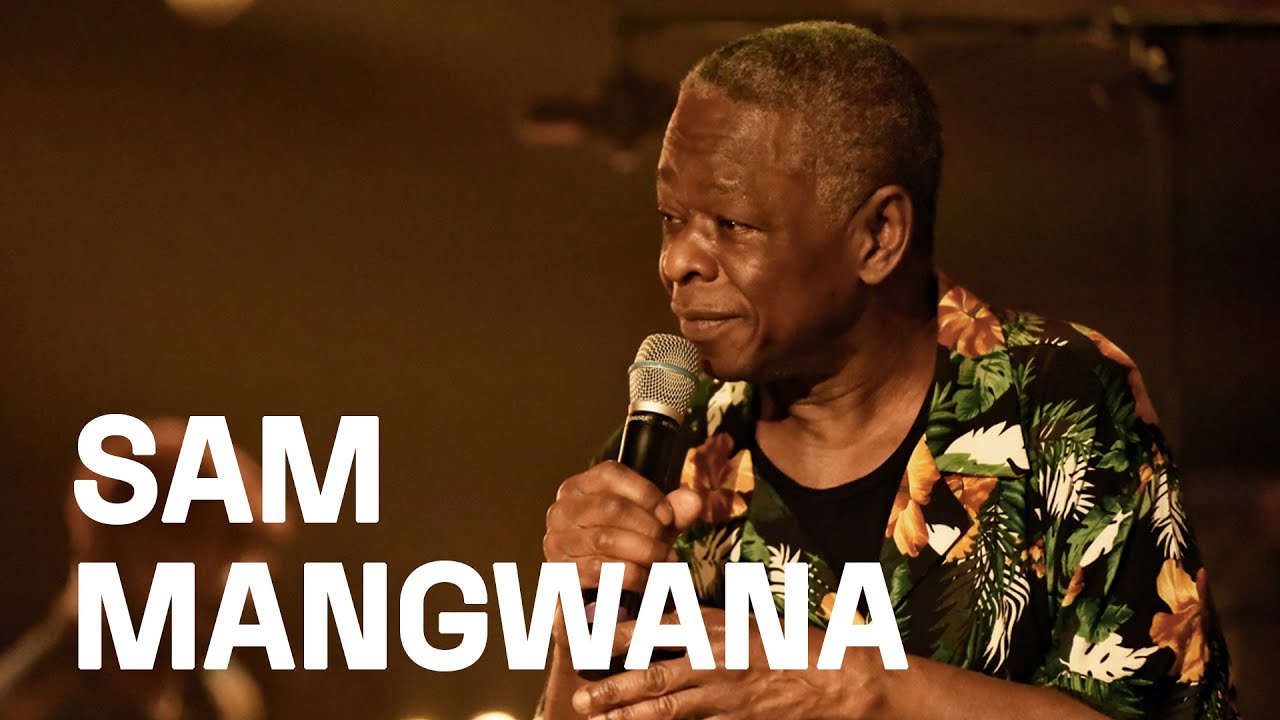


These kind of work makes me realize we need to do more to own our ‘newspapers’ by going more local and vernacular.